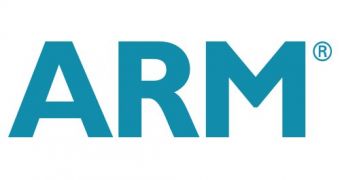Both ARM and Intel have been trying harder than ever to eat at each other's market shares, and it seems that the latest in their critique exchanges comes from the latter's side of the field, who said that interest in ARM is low.
Ever since the x86 architecture gained prominence on the personal computer and enterprise system markets, Intel has dominated this large chunk of the IT industry.
Meanwhile, ARM has been slowly raising the processing power of its own chips while keeping them at very low power consumptions, so as to keep the entire mobile front (cellphones and the like) firmly under control.
Now, however, ARM has started to power stronger platforms, like the Tegra 2 from NVIDIA, which has shown up in many tablets already.
With more powerful cores set to debut sooner or later, ARM is now aiming for both the notebook industry as well as the server segment.
That said, Kirk Skaugen, general manager of Intel’s data center unit, recently spoke at a Morgan Stanley technology and telecommunications conference.
What he basically said was that ARM would only manage to secure a small number of notebook sales and that it stands next to no chance on the server market.
“We’ve been out talking about Atom and servers for several years to our customers under NDA. And candidly, there hasn’t been a lot of interest in that architecture in a broad sense,” he stated when ARM's CEO expressed his optimism regarding ARM servers.
“I could see if you go out four to five years maybe 10% of the total market, give or take a couple percent, could be interested in such an architecture…if Atom is the best micro architecture we’ll embrace it. And so we’re constantly in the labs going out and asking about these workloads.”
Among other things, Skaguen also said that the main problem ARM has right now is in terms of application compatibility. Of course, considering Windows 8 will support ARM chips, this may not be such a big issue for long.

 14 DAY TRIAL //
14 DAY TRIAL //